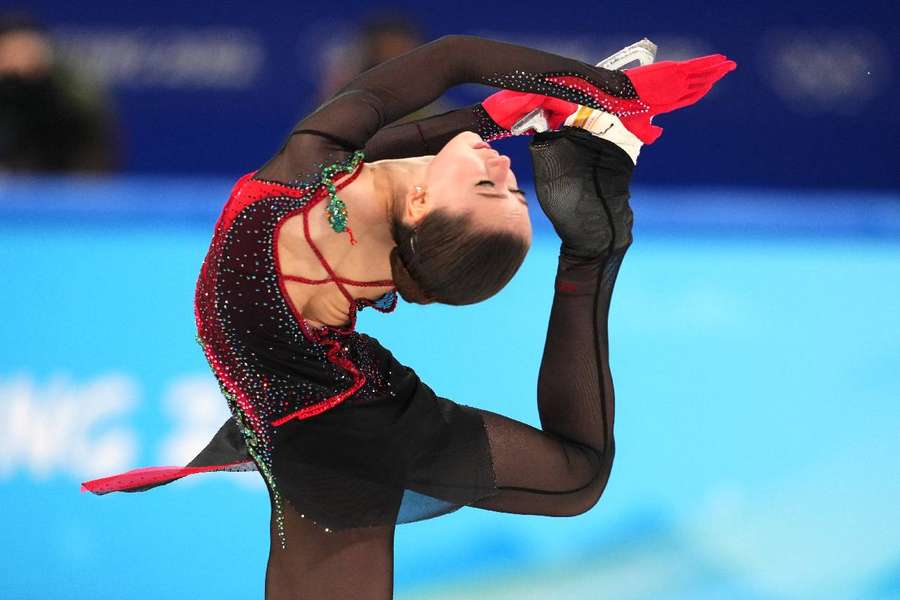RUSADA rules figure skater Valieva did not commit doping offence, WADA reports

WADA said in a statement that RUSADA had determined that although Valieva had committed an anti-doping rule violation, she bore "no fault or negligence" for it.
As such, the tribunal imposed no sanction except for the disqualification of her results on the date of the sample collection on December 25th, 2021 before the then-15-year-old competed at the Beijing Olympics.
WADA had been seeking a four-year ban and said in a statement that it was "concerned" by the finding and will not hesitate to exercise its right of appeal to the Court of Arbitration for Sport (CAS).
Valieva tested positive for the banned substance trimetazidine at the Russian national championships in December 2021 but the result was only made known on February 8th, a day after she helped her team win a gold medal at the Beijing Olympics.
In her defence, Valieva said the positive test was the result of a mix-up with her grandfather's heart medication.
During the Beijing Games, the International Olympic Committee (IOC) had decided no medals for the team figure skating event would be presented until Valieva's case had been resolved.
The United States took silver behind the Russians, with Japan getting the bronze and Canada placing fourth.
"As we approach the one-year anniversary of the Beijing Games, it remains very important that the figure skating team event athletes who competed in Beijing get the resolution they deserve," said the United States Olympic & Paralympic Committee in a statement.
"We thank WADA for their commitment to reviewing this issue and moving the process forward as expeditiously as possible."
The RUSADA ruling angered Travis Tygart, head of the United States Anti-Doping Agency (USADA), who urged WADA and the International Skating Union (ISU) to immediately appeal the decision.
"WADA and the ISU have to appeal this decision, for the sake of the credibility of the anti-doping system and the rights of all athletes," said Tygart in a statement to Reuters.
"The world can’t possibly accept this self-serving decision by RUSADA, which in the recent past has been a key instrument of Russia's state-sponsored doping fraud and is non-compliant.
"Justice demands a full, fair, public hearing outside of Russia."
Despite the positive test, CAS had cleared Valieva to continue competing at the Beijing Games in the women's singles, upholding an earlier decision by RUSADA to lift a ban on the skater.
CAS had cited the fact that Valieva was a "protected person" under WADA rules as one of the "exceptional circumstances" underpinning its decision. The CAS ruling did not address the merits of Valieva's drug case.
Valieva, who became the first woman to land a quadruple jump at the Olympics during the team event, had been the favourite to win the singles gold but missed out on the medals after dropping to fourth place with an error-laden free skate.
